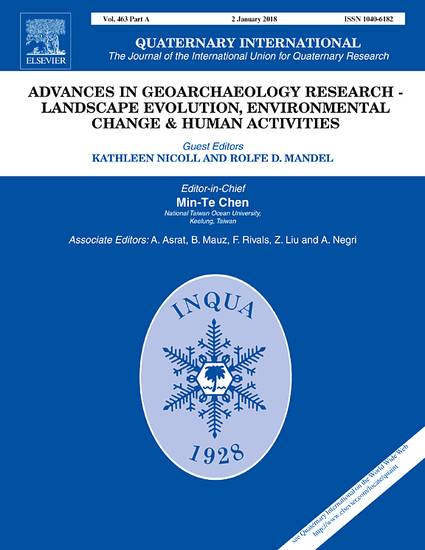
Article
Evolving Views on the Pleistocene Colonization of North America
Quaternary International
(2017)
Abstract
Current understanding of the processes involved in the Late Pleistocene human settlement of North America has benefited from the application of theoretical perspectives derived from evolutionary ecology, human behavioral ecology, and evolutionary paradigms. These perspectives have increased and expanded our grasp of critical issues including demography and migration strategies; foraging, settlement mobility, and technological strategies; processes of social learning and cultural transmission; mobility and interaction networks; and the involvement of symbolism and prestige in social cohesion. The rapid spread of the Clovis cultural phenomenon across the entire continent has long fascinated archaeologists because of its speed, geographic extent, association with big-game hunting, and impressive degree of technological knowledge and skill. Renewed investigation of this phenomenon points toward the critical role of certain social factors behind its success. In particular, prestige-seeking and symbolic representation of inter-group relationships are increasingly viewed as driving forces in explaining this unique colonization event.
Disciplines
Publication Date
February 28, 2017
DOI
10.1016/j.quaint.2015.12.030
Citation Information
Daniel S. Amick. "Evolving Views on the Pleistocene Colonization of North America" Quaternary International Vol. 431 (2017) p. 125 - 151 Available at: http://works.bepress.com/daniel-amick/3/
